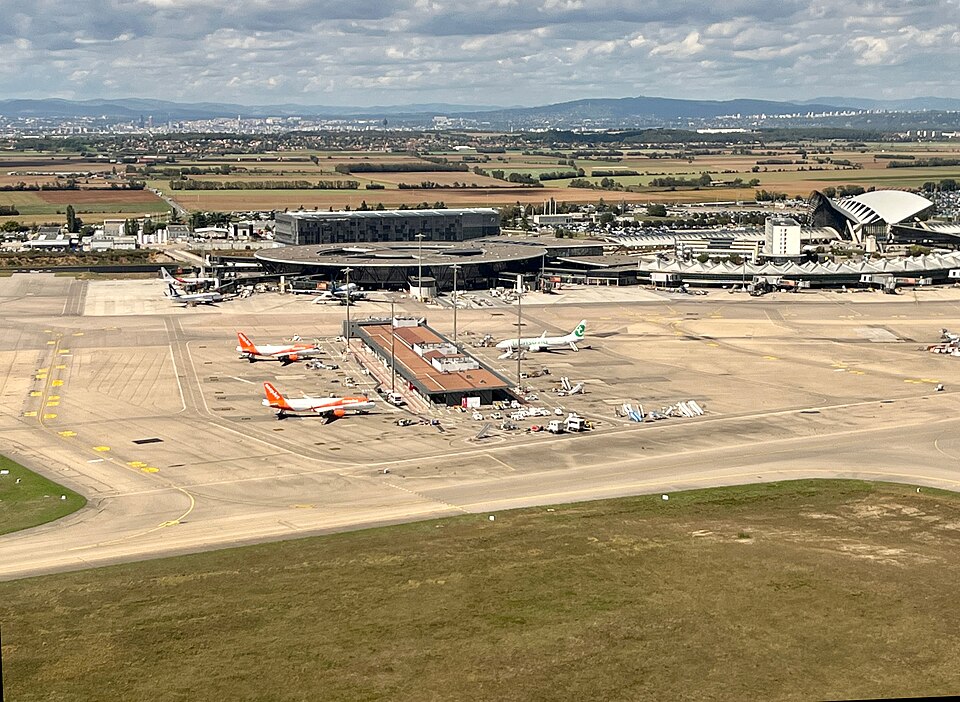
In a significant move affecting thousands of travelers and major airlines alike, the French civil aviation authority, Direction Générale de l’Aviation Civile (DGAC), announced on Wednesday that it
has formally requested all airlines to drastically reduce their scheduled flights to and from key French airports on Thursday, July 4, due to a planned national strike by air traffic controllers.
The DGAC has instructed carriers operating in and out of the Paris metropolitan area — specifically Charles de Gaulle Airport (CDG) and Orly Airport (ORY) — to slash their flight operations by a staggering 40% for that day. This measure is being implemented as a preemptive effort to minimize disruption, ensure passenger safety, and allow for the efficient reallocation of limited air traffic control resources during the industrial action.
The strike, which is being organized by several major air traffic controller unions, is part of a broader nationwide movement involving various public sector workers. Unions are voicing strong opposition to recent changes in working conditions, proposed pension reforms, staffing shortages, and what they describe as insufficient dialogue with government authorities regarding the modernization of France’s airspace management systems.
In addition to the sharp reductions at the two major Parisian airports, the DGAC also called for substantial flight cuts at several regional hubs across the country. According to the statement released by the agency, airlines must cancel 50% of their flights into and out of Nice Côte d’Azur Airport, which is France’s third-busiest airport and a vital access point to the French Riviera during the peak summer tourist season.
Other airports affected by the DGAC's directive include:
- Lyon-Saint Exupéry Airport, a major domestic and European hub in eastern France, where 30% of flights will be canceled;
- Marseille Provence Airport, another key Mediterranean gateway, also facing a 30% flight cut;
- A cluster of airports on the island of Corsica — including Ajaccio, Bastia, Calvi, and Figari — all of which will be operating at reduced capacity, also experiencing 30% flight reductions.
The planned strike is expected to cause delays, rerouting, and significant disruptions across the French and wider European airspace, as air traffic controllers play a critical role in the safe management of air traffic both in national and cross-border skies. France's location makes its airspace a crucial corridor for many flights between northern and southern Europe, meaning that disruptions within France often have ripple effects far beyond its borders.
Travelers scheduled to fly on July 4 are strongly advised to check with their airlines for updated flight status information. Airlines may offer rebooking options, refunds, or alternative transport arrangements for affected passengers. The DGAC has encouraged carriers to notify customers as early as possible and to implement flexible ticket change policies.
This is not the first time that French air traffic controllers have staged walkouts in recent years. France has one of the highest rates of air traffic control strikes in Europe, with recurring labor disputes leading to frequent flight cancellations and delays. These strikes have often drawn criticism from airline industry groups, business leaders, and international travelers, many of whom call for more consistent service during peak travel periods.
As the busy summer vacation season gains momentum, this latest disruption comes at a challenging time for airlines already grappling with increased demand, staffing constraints, and airspace limitations due to geopolitical tensions in eastern Europe and the Middle East.
At present, it remains unclear how long the strike may last or whether additional days of industrial action are planned. However, the DGAC and France’s Ministry of Transport are reportedly in ongoing discussions with union representatives in a bid to prevent further escalation.
For now, travelers are urged to remain vigilant, monitor official updates, and prepare for potential travel inconveniences as France braces for another wave of aviation-related labor unrest. Photo by Benoît Prieur, Wikimedia commons.



































